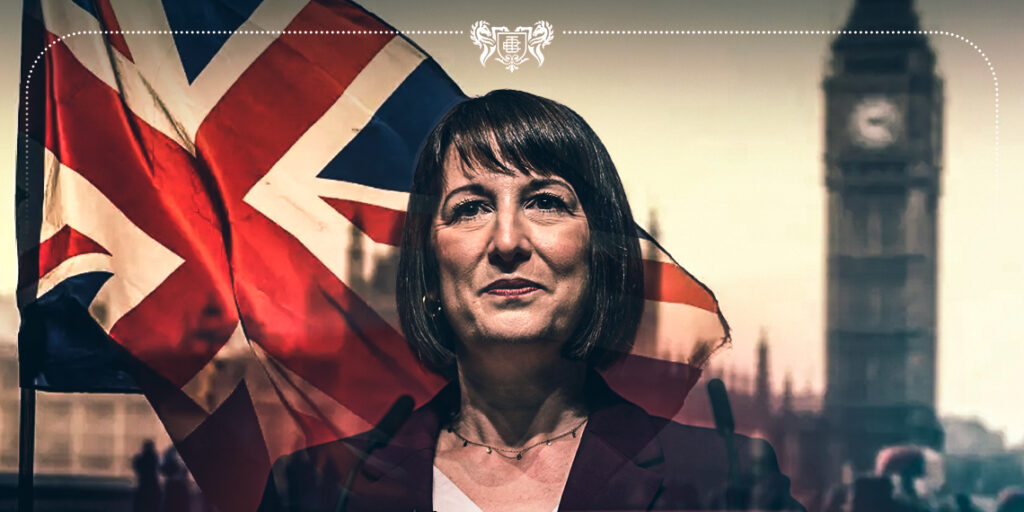Labour’s Chancellor Rachel Reeves will present on Wednesday the UK’s first Labour Budget in 14 years, hinting at “difficult decisions” ahead.
Sources suggest the Budget could entail tax hikes and spending cuts totalling £40 billion.
What is the Budget?
Each year, the Chancellor outlines the government’s financial strategy, including tax and spending plans.
This Budget, Labour’s first since replacing the previous Conservative government, will prioritise Labour’s fiscal objectives over areas such as health, education, and public services. Conservative Chancellor Jeremy Hunt delivered the last Budget in March, prior to the general election.
When and Where to Watch the Autumn Budget
The 2024 Autumn Budget will be delivered on October 30 at around 12:30 PM UK time, lasting approximately an hour.
The BBC iPlayer and BBC News website will broadcast the speech live. Following Reeves’ speech, Conservative Party leader Rishi Sunak will respond.
Funding Plans and Financial Challenges
Labour faces a significant fiscal gap, with Reeves highlighting a £22 billion “black hole” in government finances. Labour has promised not to increase taxes for “working people” and will not raise VAT, income tax, or employee National Insurance (NI).
To support large infrastructure projects, the Chancellor may allow up to £50 billion in additional borrowing for investments in areas like transportation and healthcare.
The government aims to prioritize economic growth following recent positive growth trends within the G7 group of top economies, despite warnings of slower growth ahead.
Budget Considerations and Speculated Changes
Potential adjustments in the Budget may include:
- Employer National Insurance Contributions: Although Labour won’t raise employee NI, an increase in employer NI rates has not been ruled out.
- Income Tax and NI Thresholds: Thresholds may remain frozen beyond 2028, potentially pushing more taxpayers into higher brackets.
- Inheritance Tax: Exemptions could be revised to adjust the 40% rate applied to estates over £325,000.
- Capital Gains Tax: Speculation suggests a possible increase in CGT rates on second homes and investments.
- Pension Taxation: Changes to tax reliefs on pension contributions and lump sums might generate additional revenue.
- Stamp Duty Land Tax: Labour has yet to commit to extending the 2022 threshold increases.
- Non-Dom Tax Status: Labour seeks to reinforce previous commitments to phase out non-dom tax status for residents whose tax domicile lies outside the UK.
- Fuel Duty: A potential reversal of past cuts to fuel duty remains under discussion.
Other Announcements Expected
- Winter Fuel Payments: Future payments will focus on pension credit or other means-tested groups.
- State Pension: Set to rise by 4% in April 2025, with confirmation expected around the Budget.
- VAT on Private Schools: From January 1, private school fees will incur VAT.
- Energy Windfall Tax: Effective November 1, the windfall tax on oil and gas profits will rise to 38%.
Next Steps After the Budget Speech
Following the speech, the Treasury will release a report with further details, and the Office for Budget Responsibility (OBR) will provide an economic assessment. Parliament will debate the Budget proposals, with a subsequent Finance Bill turning key measures into law.


